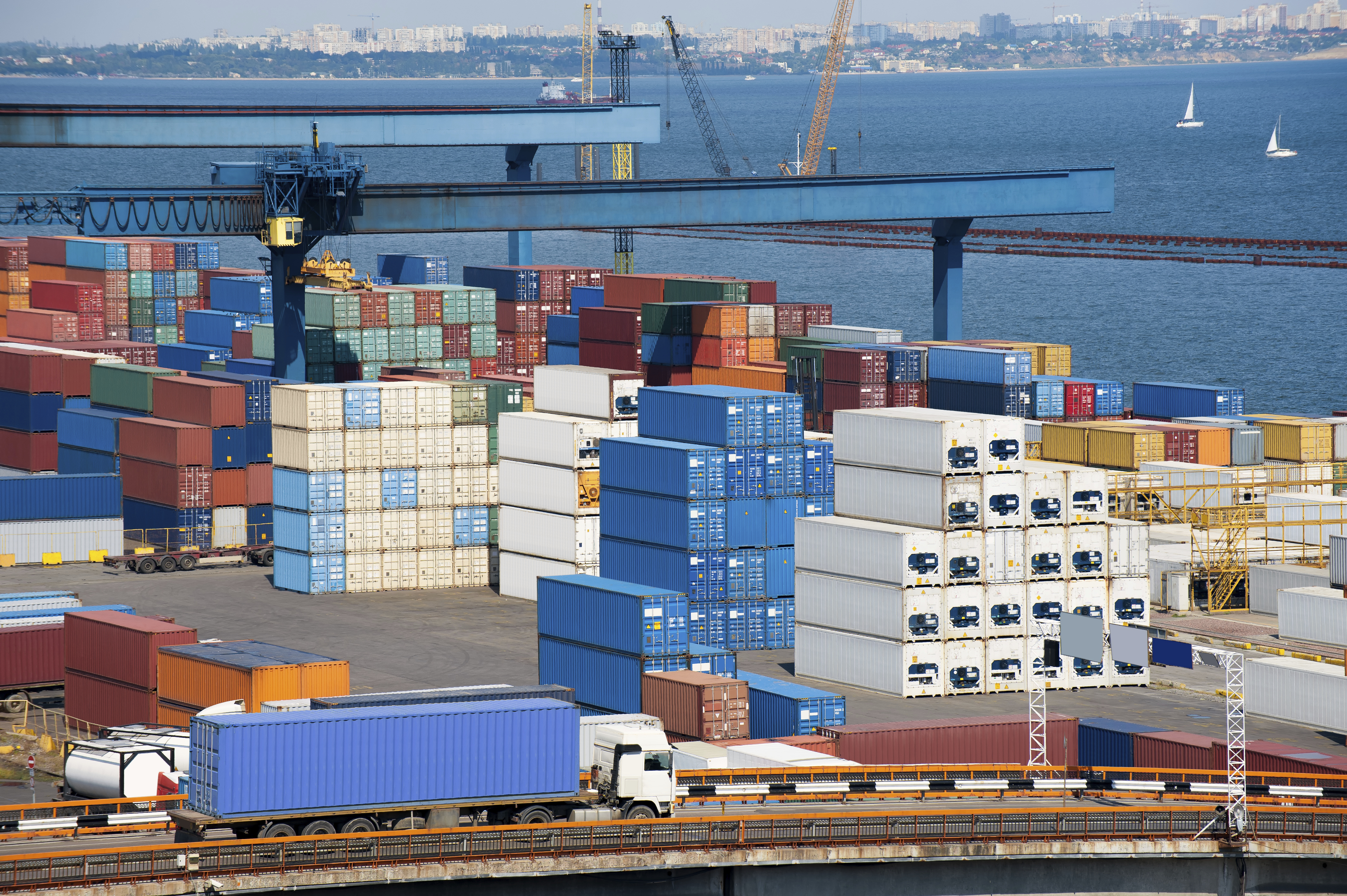On June 13th, Customs and Border Protection (“CBP”) released its Operational Guidance For Importers to prepare companies for the Uyghur Forced Labor Prevention Act (“UFLPA”). UFLPA enforcement is set to take effect June 21st and will apply a rebuttable presumption standard to imports tied in whole or in part to the Xinjiang Uyghur Autonomous Region or entities identified by the U.S. government on the soon to be published UFLPA Entity List.
The newly released CBP guidance describes the UFLPA enforcement process and provides insight into acceptable documentation to overcome the forced labor rebuttable presumption.
1. Enforcement
The guidance specifies that all enforcement actions under the UFLPA will be taken on a case-by case basis. CBP plans to review each shipment to determine any ties to the Xinjiang Uyghur region or the UFLPA Entity List. If a connection is found and CBP takes enforcement actions against a shipment, the importer will be provided notice that a detention, exclusion, or seizure has occurred. From that point, the importer has several options:
- If the importer believes that the import is in fact outside of the scope of UFLPA and has no connection to the Xinjiang region or any entity on the UFLPA Entity List then the importer can provide documentation proving that no such connection exists. Upon review, if CBP agrees that the merchandise is non-UFLPA related, the goods will no longer be subject to enforcement and will be released.
- However, if the merchandise is within the scope of the UFLPA, the importer would need to apply for an exception to have the goods entered. In cases where an exception is required to enter the merchandise, the importer must meet a clear and convincing burden standard to establish that no forced labor was used during mining, production, or manufacturing of the goods. CBP has been clear that they expect that very few exceptions will be granted.
- If the merchandise is excluded from entry, then importers can file a protest against the exclusion decision.
- Importers will have the right to present an Immediate Export in-bond to CBP to seek permission from the port director to export detained shipments at any point prior to exclusion or seizure.
- Finally, for merchandise that is seized or forfeited the importer will have the opportunity to file a mitigation petition with CBP in order to mitigate any associated penalties and obtain CBP permission to reexport the goods.
CBP also highlights that request for review by CTPAT members in good standing will be prioritized. It is also significant that apart from the Operational Guidance CBP has advised the trade that they will have the opportunity to file binding ruling requests in order to determine with certainty the admissibility of the goods prior to arrival at the port.
2. Documentation
Within the guidance, CBP provides a “non-exhaustive list” of documentation that may be submitted depending on whether an exception is being sought or if the importer is seeking to show that the import is out of UFLPA scope.
Non-UFLPA merchandise
Importers seeking to prove that the shipment is not tied to the Xinjiang Uyghur region or any entity on the UFLPA Entity List should provide the following documentation to establish that a connection does not exist:
- Documentation that traces the supply chain such as a list of suppliers, affidavits from entities involved, and details of all stages from raw material components to finished goods.
- Merchandise details such as purchase orders, origin certificates, and inventory records.
- Any available evidence that no part of the goods were mined, produced or otherwise manufactured in the Uyghur region.
Merchandise Requiring an Exception
Importers requesting an exception can provide the following documentation to attempt to meet the clear and convincing evidence burden:
- Documentation showing due diligence such as supply chain mapping, forced labor training, and a written supplier code of conduct.
- Supply chain tracing information (see 2 above).
- Documents showing supply chain measures to prevent forced labor.
We caution, that importers should expect that very few UFLPA exceptions will be granted. As such, should CBP indicate that any part of the detained goods are tied in any manner to the Uyghur region or to an entity on the UFLPA Entity List then the best option for the importer would likely be reexport of the goods in order to avoid a seizure and total loss of the goods.
For more information on UFLPA enforcement and acceptable documentation, importers can review the CBP guidance here or contact Robert Stang, Jeffrey Neeley, Jasmine Martel or other members of Husch Blackwell’s International Trade Team.
